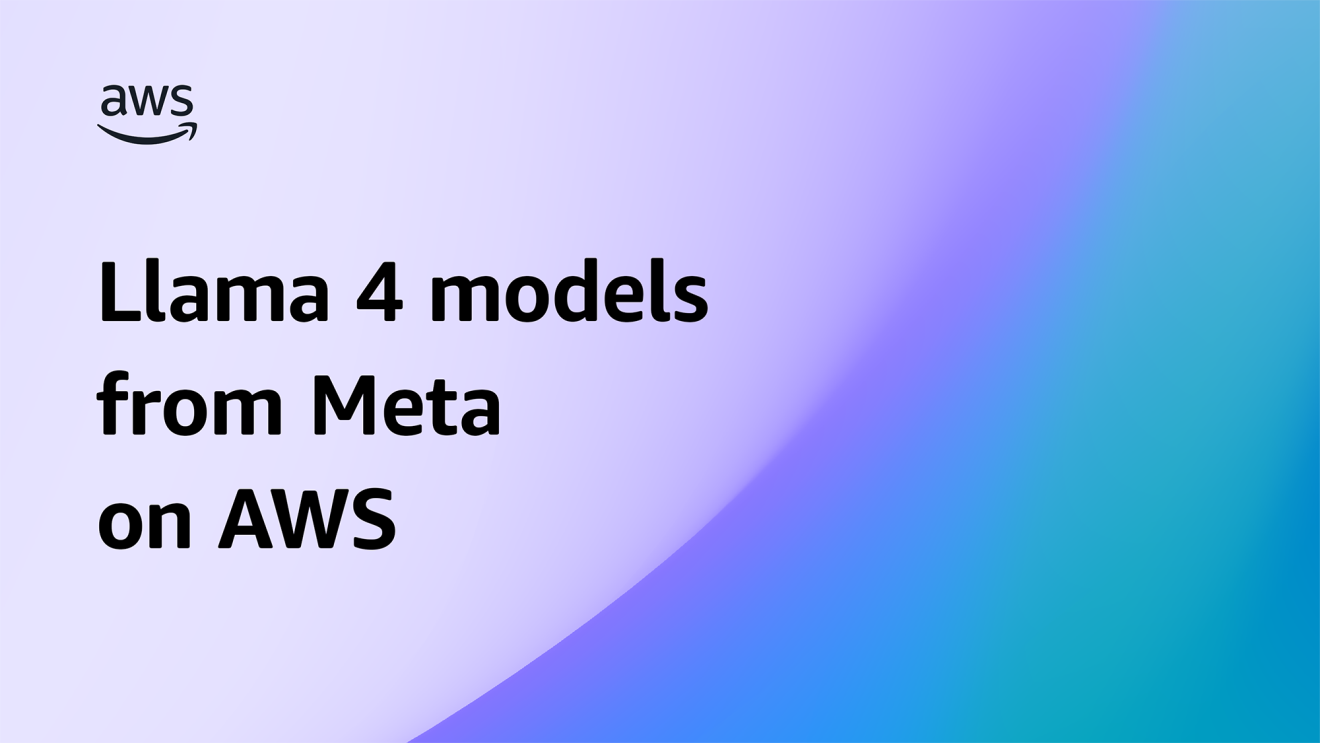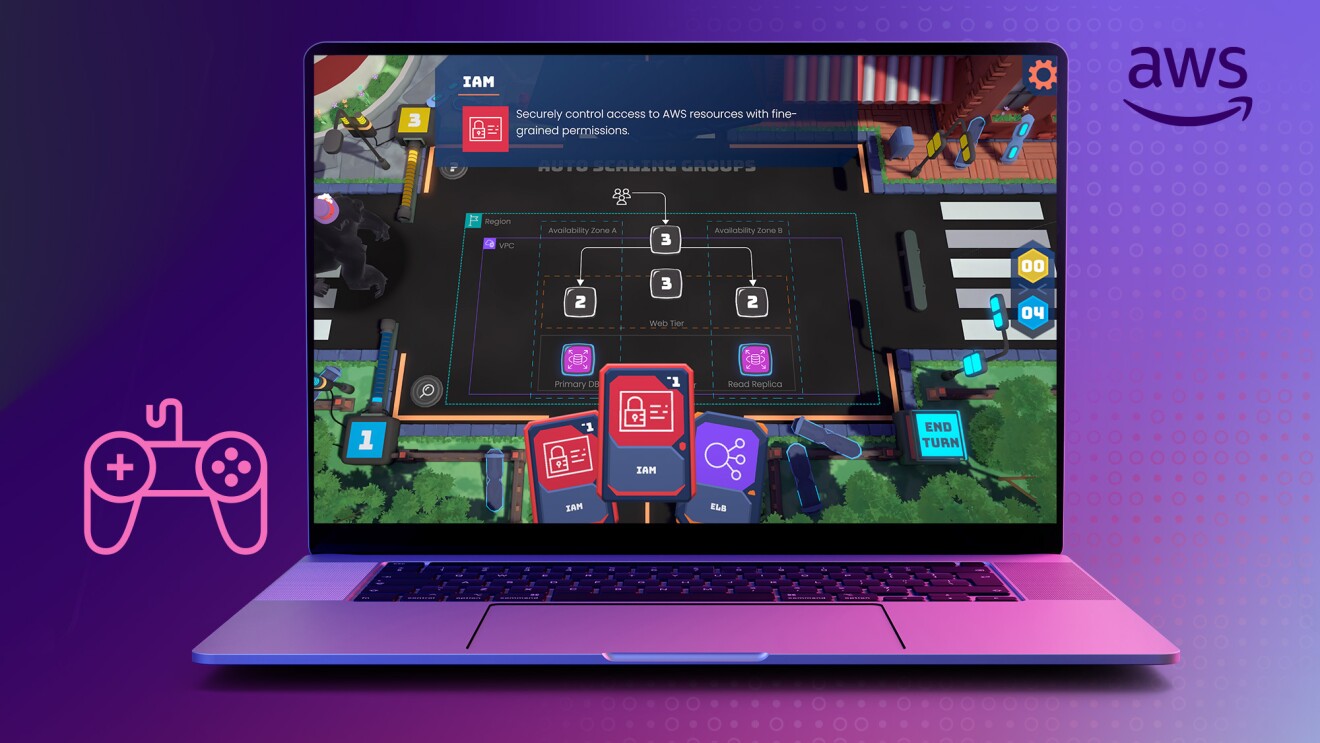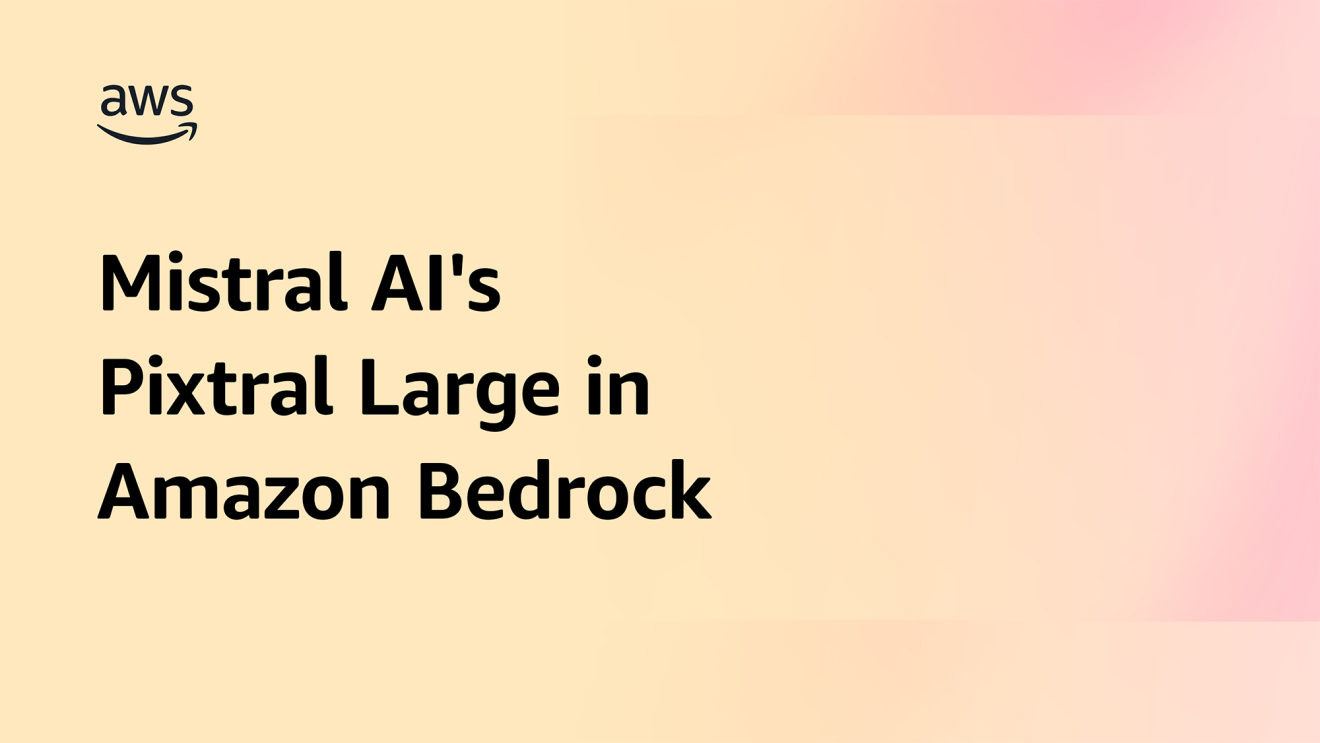Technologies grabbing much of the attention of boardrooms and chatrooms alike are those that swirl around the concept of artificial intelligence. The leading approach to making it work is machine learning.
Machine learning is remaking industries ranging from healthcare and transportation to wildlife research, conservation, and energy. It is assisting us in the search for life on Mars and in the search for something good to watch on a Sunday night. But behind the machine learning models powering those algorithms is something far less technical: humans.
"The best technologies, in their conception and execution, consider the most people, so inclusive design matters—which means inclusivity matters," said Adriana Gascoigne, founder of the nonprofit Girls in Tech. "And if machine learning is to match its world-changing potential, it requires a diversity of brain power, cultural experience, and creative mindset."
For women in particular, the trend toward machine learning reminds Gascoigne of the cyber security field five years ago.
“Back then, there were very, very few women in the security industry,” Gascoigne said. “Why? Part of it is, security sort of lacks the sexiness factor, but the bigger part was because women really didn't think that they could penetrate the field until they did.”
"The same is now true in machine learning, for women and anyone else whose gender, race, sexual orientation, or other background and life experiences are underrepresented in the field," Gascoigne added.
“The key question is, ‘how do I start?’” Gascoigne said.
A partnership involving Amazon Web Services (AWS), online education company Udacity, the global Girls in Tech community, and the National Society of Black Engineers offers an answer. They’ve developed a free class on the foundations of machine learning, the AWS Machine Learning Foundations Course, open to anyone 18 and older. Some coding experience will help, but it isn’t necessary, as the class will teach what machine learning is and the steps involved in building and evaluating models. Students will learn the fundamentals of advanced machine learning areas such as computer vision, reinforcement learning, and generative artificial intelligence.
At the end of the AWS Machine Learning Foundations Course, students will take an assessment. Top performers will be selected for one of 425 follow-up scholarships to one of Udacity’s most popular and recently refreshed classes: The AWS Machine Learning Engineer Nanodegree program. The course begins July 14. Participants have up to three and a half months to complete the initial coursework, primarily focused on machine learning (ML) and artificial intelligence (AI).
Maryam Rezapoor, a senior product manager who works on AI devices at AWS, completed the program. “What I really liked about the Nanodegree program is that it really focuses on the best practices in AI and ML,” Rezapoor said. “The kinds of things you pick up along the way with some experience, those are presented upfront.”
Rezapoor came to machine learning after working as a bioengineer in a hospital in Philadelphia. She wanted to learn how to build machine learning models to help patients know more about their progress from knee and hip surgeries, and even help surgeons stay updated with the latest medical knowledge.
Like Gascoigne, Rezapoor believes that a diversity of people with a knowledge of AI/ML technologies and techniques is vital if those same technologies are going to solve problems for a wide range of people or present a diversity of opportunities.
“For me, it is about a future, made better by AI, that all of us—regardless of our backgrounds—can see ourselves in,” Rezapoor said. “I am really looking forward to the changes that are happening in healthcare, such as drug discovery and personalized medicine using machine learning, and the ways we can help patients get access to accurate and high quality care while being informed and in control of their health and recovery.”
That is Rezapoor’s ambition when it comes to machine learning. But she knows people from different backgrounds have other ambitions and problems to solve, and that is the point of the new course.
Her pitch to would-be participants, especially women, is simple.
“This isn’t something that is dry and academic, that you don’t actually use,” she said. “This is something that you can change everything with, you just need to take that first step.”
At Amazon, we believe the future of tech is diverse, inclusive, and accessible. Learn more at We Power Tech.
Trending news and stories
- Amazon unveils 7 new robots powering faster, safer deliveries: Go inside our most innovative delivery station yet
- Introducing Vulcan: Amazon's first robot with a sense of touch
- This new AI tech will make sorting packages easier for Amazon's delivery station employees
- How Amazon helps data center communities thrive









